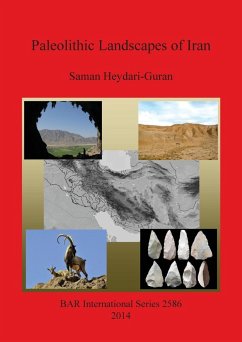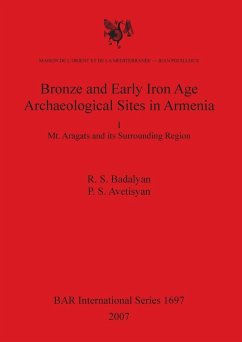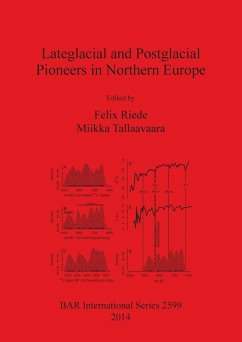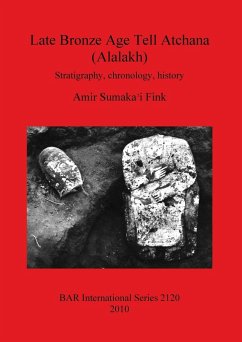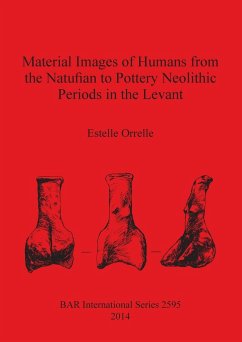
Municipium S( )
A Roman Town in the Central Balkans, Komini near Pljevlja, Montenegro
Versandkostenfrei!
Versandfertig in 1-2 Wochen
50,99 €
inkl. MwSt.

PAYBACK Punkte
25 °P sammeln!
Excavations at Komini near Pljevlja and at Kolovrat near Prijepolje were conducted from 1964-1967, and again in 1970-1977. Two Roman-city cemeteries were discovered and nearly 700 graves, many of them with inscribed monuments. These excavations represent the significant finds of a Roman municipium at Komini, near present-day Pljevlja, which sprang up in the central Balkan area far from the main Roman communications network. The settlement grew in Roman times in the valley through which the small ¿ehotina river flows, a tributary of the river Lim. The municipium was situated in a plain enclose...
Excavations at Komini near Pljevlja and at Kolovrat near Prijepolje were conducted from 1964-1967, and again in 1970-1977. Two Roman-city cemeteries were discovered and nearly 700 graves, many of them with inscribed monuments. These excavations represent the significant finds of a Roman municipium at Komini, near present-day Pljevlja, which sprang up in the central Balkan area far from the main Roman communications network. The settlement grew in Roman times in the valley through which the small ¿ehotina river flows, a tributary of the river Lim. The municipium was situated in a plain enclosed by high mountains, not far from another big Roman settlement in present-day Kolovrat near Prijepolje. The Roman city existed, as the findings from the excavated cemeteries prove, for no longer than three and a half centuries, from the 1st to the 4th centuries AD. There is no doubt that the settlement was granted municipal status. Citizens holding municipal offices appear in the inscriptions, but the actual name of the municipium has not yet surfaced - either in inscriptions or in literary evidence. It is believed that the abbreviation 'S' in one inscription refers to the name of the municipium, although this is not proved by any other inscription. The author, in this new study of the site, has adopted the toponym 'Municipium S.', focussing on the collection, commentary, and re-publication of all the inscriptions from this location in the hope of presenting a reconstruction of the life of the city, from the 1st to the 4th centuries AD, basing his research on the literary, archaeological and epigraphical evidence.




